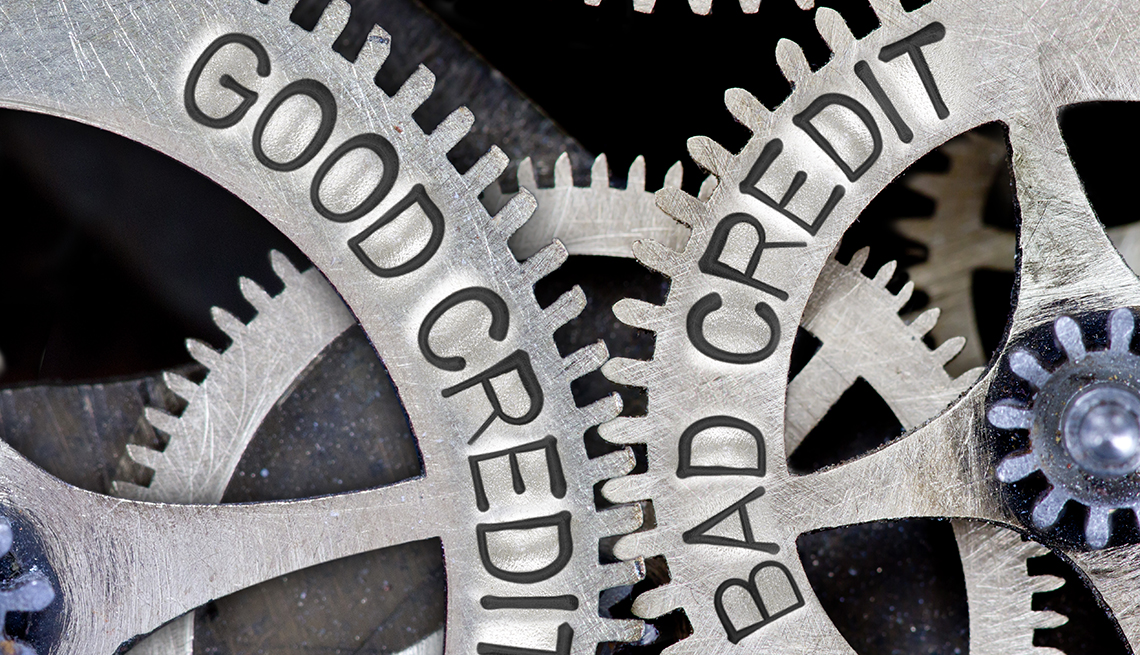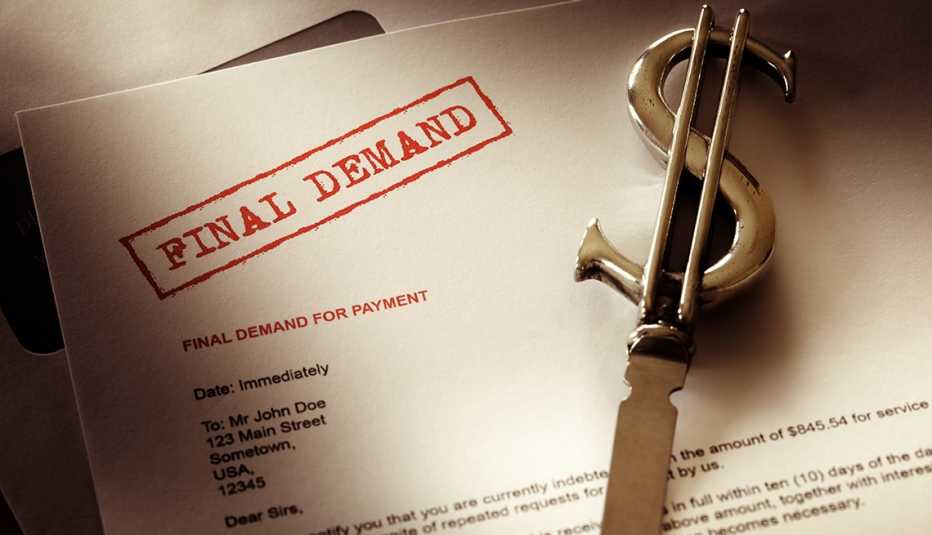AARP Hearing Center
I see you, perfectionist reader — always checking your credit score and feeling bad when it has dropped a few points. Judging from the email I get, I’d say you have company. People worry about scores that are good but not great, and great but not perfect.
Maybe it’s because we’re always measuring our lives with numbers like cholesterol levels and miles per gallon. Or maybe it’s all those credit monitoring ads we see. Yes, you want a good credit score. That three-digit number can make a crucial difference at certain times — such as when you’re applying for a loan or a credit card, or when you’re renting an apartment.
But I’m here to tell you that your credit score is one number where good is good enough and perfect isn’t very meaningful. It is not a measure of you as a person. Constantly monitoring your score is pointless and sometimes harmful. “I encounter a surprising number of people who are so obsessed with a good credit score that they are afraid to take good financial actions,” says Kelley Long, a Tucson, Arizona, financial planner.
So keep your score in perspective.
Know the basics
Your report is a history of your bill-paying life. Credit reporting agencies — the big ones are Experian, Equifax and TransUnion — independently keep records of your credit cards and loan accounts, the debt you carry and the payments you make. That data is fed into formulas by credit scoring companies — FICO and VantageScore, chiefly — resulting in a number on a scale from 300 to 850. Lenders and other businesses use those scores to decide your creditworthiness, the interest rates they’ll charge you and the financial risks you pose to them. Several factors affect your score, but the most important one is payment history: To maintain or improve your score, prioritize making all your debt payments and making them on time.






































































